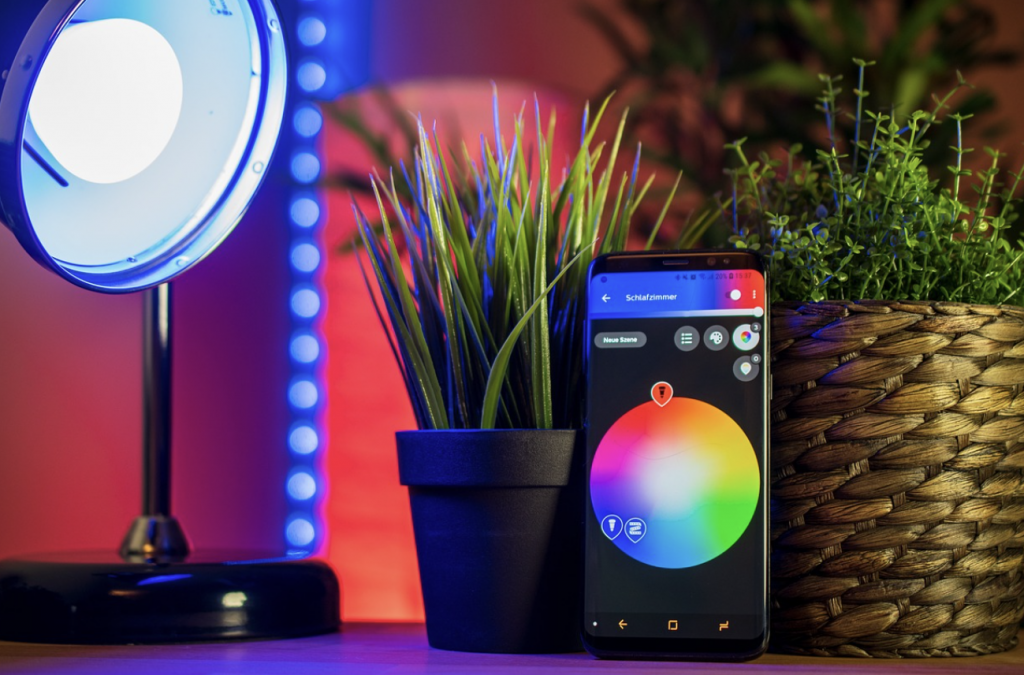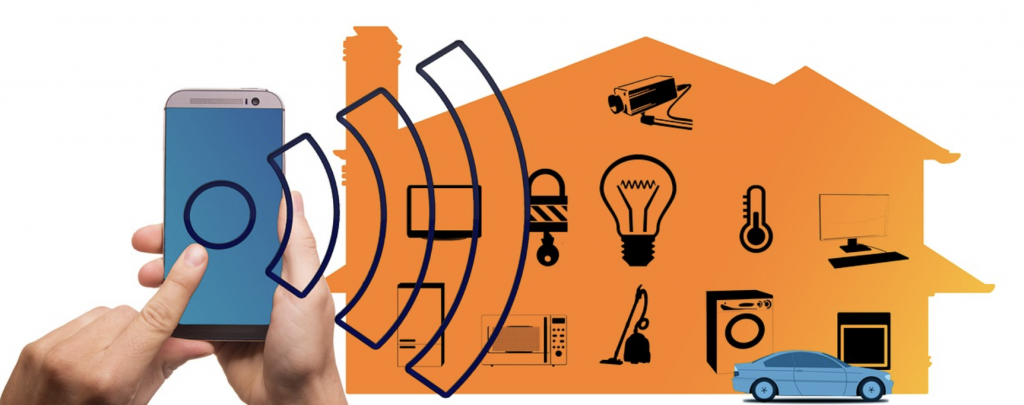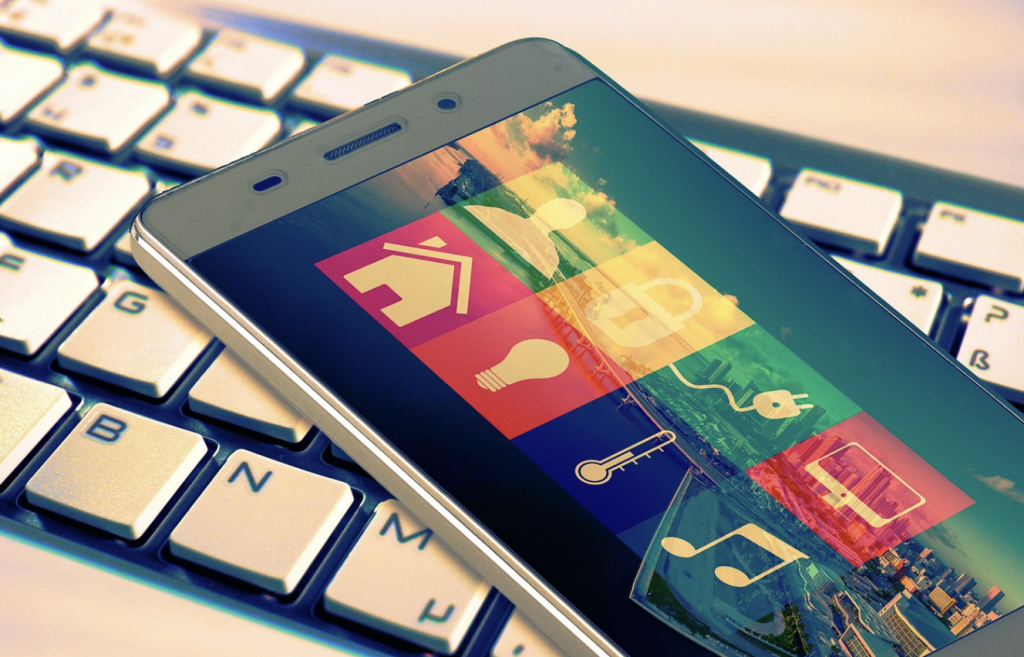Introduction: Understanding Smart Home Privacy
Smart home technology has quickly evolved, bringing both convenience and concern. From voice-activated assistants to smart refrigerators, these devices promise to make our lives easier by automating everyday tasks. However, with all this innovation comes a significant question: Are these devices spying on you? As more and more personal data is collected, stored, and shared, understanding smart home privacy is more important than ever.
What Are Smart Home Devices?
Smart home devices are gadgets that connect to your home network and can be controlled remotely through apps or voice commands. These devices range from smart speakers like Amazon Echo and Google Home to smart lights, thermostats, security cameras, and even smart refrigerators.
How They Work:
These devices work by using Wi-Fi or Bluetooth to send data to a cloud server, which processes the information and sends it back to the device, enabling remote control and functionality.
Why Smart Homes Are Becoming Popular
Why are we so drawn to these devices? The answer is simple: convenience. Imagine walking into your house and your lights automatically turning on, or adjusting your thermostat without lifting a finger. Smart homes integrate into our daily routines, offering greater efficiency and even saving us time. But as we integrate these devices into our lives, the question of whether they are compromising our privacy becomes more pressing.
How Smart Devices Collect Data
One of the primary features of smart home devices is their ability to collect data. Sensors, cameras, microphones, and even facial recognition software can be used to monitor your behavior. This data isn’t always just for functionality—sometimes it’s used to improve the device’s performance or even to sell targeted ads.
What Kind of Data Is Collected?
- Voice commands (from assistants like Alexa or Siri)
- Behavior patterns (such as when you adjust your thermostat or turn on the lights)
- Location data (tracking where you are for convenience purposes)
The Role of Artificial Intelligence in Smart Homes
Artificial intelligence (AI) plays a crucial role in how smart devices operate. For instance, your smart speaker might learn your preferences over time, adjusting the temperature or lighting based on your behavior. While AI helps personalize your experience, it also raises privacy concerns—what happens to all that personal data, and who else can access it?
The Privacy Risks of Smart Devices
Unfortunately, there are several risks when it comes to the privacy of smart devices.
Common Risks:
- Hacking and unauthorized access: Poorly secured devices can be exploited by hackers.
- Involuntary data sharing: Many devices share data with third-party companies, sometimes without your explicit consent.
Smart Home Devices as Potential Surveillance Tools
Some smart devices come with cameras or microphones—features sold to enhance user experience but that also make them potential surveillance tools. Devices like video doorbells or home security cameras provide ongoing streams of data that can be accessed remotely.
Vulnerabilities:
While convenient for monitoring your home, these features raise questions about who might be watching, listening, or even recording without your consent.
Who Has Access to Your Data?
If you think that only you have access to the data your smart devices collect, think again. Many smart home devices store data on remote servers, and it’s not just the manufacturer who can access it. Data brokers, advertisers, and even government agencies might have a stake in your information.
Data Sharing:
- Third-party companies: Often, data is shared with partners or advertisers.
- Consent and terms of service: The fine print in the device’s terms of service can give companies the right to access or sell your data without you even knowing.

Case Studies of Smart Device Breaches
There have been numerous reports of smart devices being compromised.
Real-World Examples:
- In 2019, a hacker gained control of a smart home camera, using it to spy on a family.
- In another case, a voice assistant recorded private conversations and sent them to a random contact.
These breaches highlight the dangers of smart home devices and how easily privacy can be violated.
Smart Home Privacy Settings: What You Can Control
Fortunately, many smart devices offer some level of control over privacy settings.
What You Can Adjust:
- Turning off microphones or cameras: You can disable these features when not in use.
- Customizing data sharing: Most devices let you choose which data is shared with third parties.
- Checking permissions: Regularly review and delete any unnecessary data collected.
Encryption and Data Security Measures
Encryption is one of the most effective ways to protect the data your smart home devices collect. By encrypting your data, it becomes unreadable to anyone who doesn’t have the proper decryption key.
Best Practices:
- Ensure encryption standards are in place: Most manufacturers are implementing stronger encryption protocols, but it’s essential to stay informed.
- Secure your data storage: Use encryption tools to further protect stored data.
How to Make Your Smart Home More Secure
Security is not just about what’s inside the device—it’s about how you manage your network. To secure your smart home, ensure that:
- Firmware is updated regularly: Outdated software can contain security vulnerabilities.
- You use a secure Wi-Fi network: Set up a separate Wi-Fi network for your smart devices.
- Consider adding a firewall: Use firewalls to protect your home network from unauthorized access.

The Future of Smart Home Privacy
As the smart home market continues to grow, manufacturers are likely to pay more attention to privacy concerns. Regulations may also play a role in strengthening privacy standards, ensuring that companies are more transparent about what data they collect and how it’s used.
What’s on the Horizon?
Expect to see stronger privacy protections, more consumer control over data, and better security standards as the industry matures.
What Happens If Your Devices Are Spying on You?
If you suspect that your smart devices are spying on you, there are steps you can take:
- Check the privacy settings: Adjust your device’s permissions and settings.
- Review device behavior: Look for any unusual activity, such as cameras or microphones being activated without your knowledge.
- Contact the manufacturer: If necessary, reach out to customer support for assistance.
Conclusion: Balancing Convenience and Privacy in the Smart Home Era
Smart homes are here to stay, and their convenience is undeniable. However, as with any technology, there are risks—especially when it comes to privacy. By staying informed, adjusting privacy settings, and using secure practices, you can enjoy the benefits of a smart home while minimizing the risks. In the end, it’s all about finding the right balance between convenience and security.
FAQs
1. Can my smart speaker record conversations without my knowledge?
Yes, smart speakers can record audio when activated by a trigger word, but you can turn off this feature or delete recorded data from the settings.
2. How do I stop my smart devices from sharing data with third parties?
Check the privacy settings on each device and disable data-sharing options. Always read the terms of service to understand what data might be shared.
3. Are smart home devices hackable?
Yes, if they’re not properly secured. Regularly update the firmware and use strong passwords to minimize the risk.
4. What should I do if I think my smart device has been hacked?
Disconnect it from the internet, change all associated passwords, and contact the manufacturer for assistance.
5. Are smart home devices getting safer?
Yes, as concerns grow, manufacturers are implementing stronger security protocols and more transparent privacy policies to protect users.





